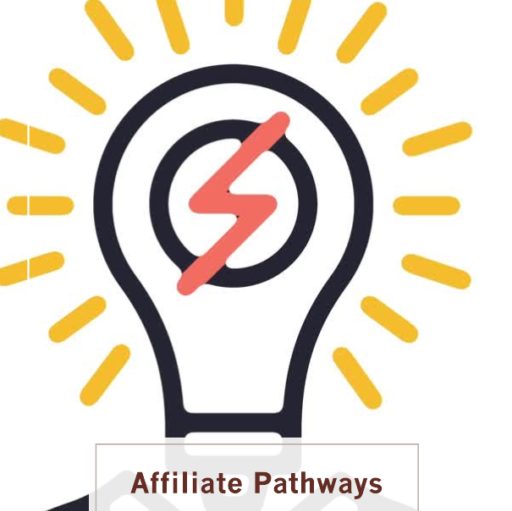
Overview
Affiliate marketing — like marketing, in general — is ultimately driven by psychology, the science of human behaviour.
So, if we can figure out the psychology, then we can figure out affiliate marketing — or, so the basic argument goes any way. Any advice you receive in running your campaigns successfully will always be generic, of course — no one can promise actual outcomes. Such is the nature of the beast.
That caveat notwithstanding, the psychology of affiliate marketing can be boiled down to . . .
5 Crystallisations Of Wisdom
Briefly, these are . . .
- Trust
- Reciprocity
- Urgency
- Authority
- Empathy
To sustain ourselves as human beings in a social network of other human beings, we enter into a social contract — an unspoken agreement amongst members of a group that is entered into automatically as a condition of being part of it. There is a transactional element in this arrangement — we give up something (anarchic freedom) in order to gain a much larger benefit (collective security). See Reciprocity below.
What’s The Explainer?
Trust
The social contract of being human is to be able to rely on others as others can on you (see “Reciprocity” below). In other words, if we expect others to trust us, we must display behaviour likewise that shows that others can trust us — it is a two-way street. It is one of the forces that bind us together as a society. And, conversely, a society starts to break down when trust breaks down.
In the online world we have something called the TrustPilot — a digitised expression of that need to give and receive trust to sustain ourselves as netizens.
Reciprocity
Trust, in turn, depends on another principle, the principle of give-and-take that we call reciprocity. As you sow, so you reap. If you want to receive something, be prepared to give something in return, readily — and that could be something intangible such as love or affection, knowledge. Has anyone been loved without giving love?
Urgency
As conscious beings we are keenly aware of something intangible — time. Unlike other beings, we humans have a sense of existing not just in space but also in time. Whoever said that time is an arrow that moves only in one direction was not wrong. Time past is irretrievable. The human experience of time is also associated with an inevitable sense of loss — we are never getting it back. However, this is our strength as a species — it motivates us in taking action, to do something, so that we are not left behind. As the English poet Andrew Marvell (1621-1678) wrote: “But at my back I always hear/ Time’s wingèd chariot hurrying near.” Marvell might have invented the marketing term, FOMO — fear of missing out — had he lived now, prosperously employed by an advertising firm with million dollar accounts. From a positive perspective, urgency is another term for motivation — When do we want this by? This is due yesterday — we could apply these prods to achieve great things, too.
Authority
Why should I believe you? That brazen question is the root of all our inquiries, however politely it may be rephrased. We want to know on what grounds someone can say something — something that they implicitly assert to be true. Generally speaking, those grounds are knowledge and experience. There is a tacit understanding amongst humans that those with knowledge and/or experience have the right to assert, to make statements that are implicitly taken to be true. That is what we understand by authority.
Empathy
Do unto others as you would want others to do unto you. Put yourself in their shoes. How would you feel if this were you? This is the quality of feeling not just for but with others. We flinch when we are suddenly shown distressing images without trigger warnings — that is empathy in action. It is our ability as humans to understand the perceptions of others in whose position we can put ourselves — imaginatively. Empathy is considered to be a higher feeling than sympathy (feeling for others).
What’s Next?
It stands to reason, therefore, these core psychological principles have potential for affiliate marketing in which we have the same broad goals: to move our audience from one state to another, from inaction to action. The most important thing of course is integrity — trust, in other words. Trust is hard earned but too easily lost unless safeguarded vigilantly.
Now looking forward, our next big question is: How can we apply these principles in affiliate marketing?
That will be my next post . . . Watch this space.
Cheers.
